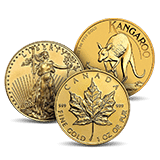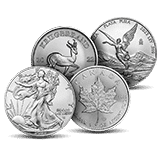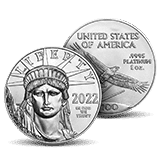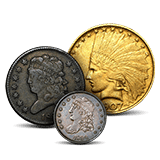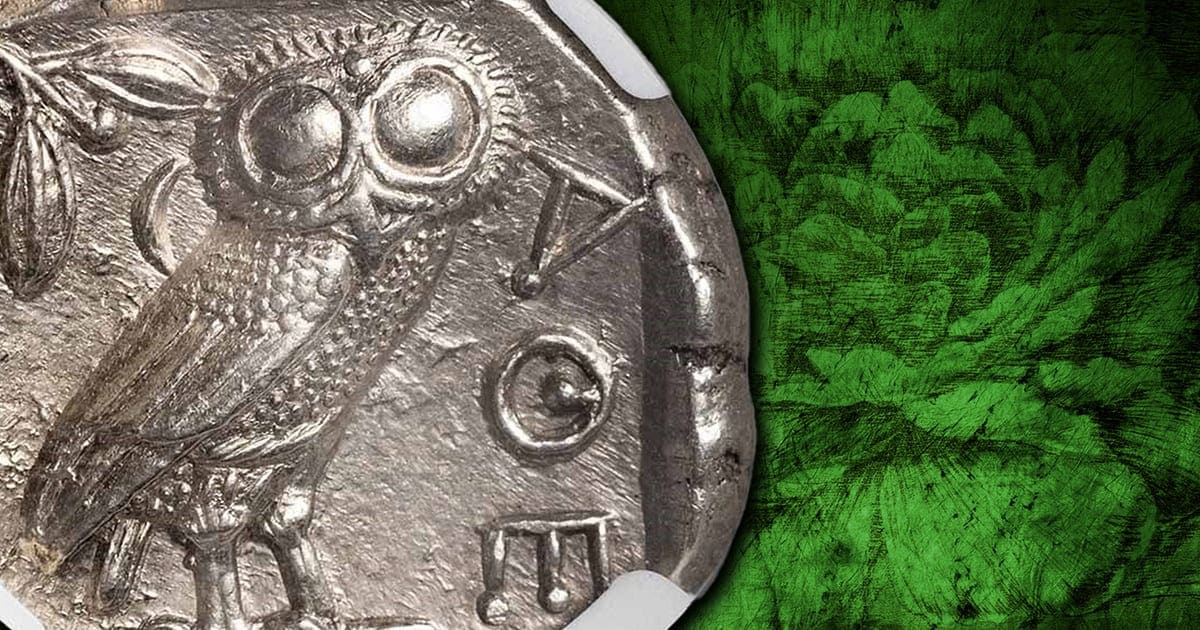
It is said that the Athenian Owl Silver Tetradrachm is the first International Trade Coin. These coins are two to three times thicker than today’s coinage and they are made of silver. First minted around 510 to 480 BCE, these heavy silver coins were influential in the Ancient World and are some of the most appreciated and respected of all ancient coinage today.

Athena and Her Owl
These coins were some of the first coins to place a head on the obverse of the coin and an animal on the reverse. These coins display the helmeted head of Athena on the obverse and the reverse has an owl, an olive twig, and the letters AOE in the right field. The owl is a symbol of the Athenian polis (Greek city state). The letters AOE is an abbreviation for “the Athenians.” Athena, daughter of Zeus, represented both Wisdom and Warfare to the early Greeks.
She was also the patron goddess of Athens, after whom she is named. Her almond-shaped eye is representative of the similar style of the early Egyptians. The owl was Athena’s mascot and was a symbol of wisdom. Owls also represented dread and death to Athenians.


How the Coins Were Used
These coins were extremely important – not in daily commerce, but in doing the most important financial transactions of the day. They financed wars, paid for armies, and paid for the building of major ancient world buildings and projects – such as the Parthenon in Greece and the restoration of the Acropolis. They paid for the festival of Dionysus, they were demanded as a tribute and for payment of taxes to foreign rulers. One tetradrachm is worth four drachmas.
Owl Symbol Evolves
The coins came into such prominence in the ancient world that many civilizations came to adopt an owl to grace their own coinage. Even Sparta, Athens’ main enemy and rival produced similar-looking coins with Athena and owls on them. As the Greek civilization declined and the Roman civilization ascended, Athena and her owl were replaced in Roman mythology by Minerva and her owl.

The Influence of Ancient Coins on the U.S.
These coins were issued, with various minor die changes for approximately 500 years. Teddy Roosevelt was inspired, when he became President after the death of William McKinley, to have the high-relief style and classical look of the Greek and Roman coins. He owned a high-relief Athenian Owl coin and that was part of his inspiration to redesign our coins.
World Currencies
Owl coinage was in demand throughout the ancient world. Just as US Dollars are the world’s currency today, Owls were the world’s currency 2,500 years ago. They have been followed by many other currencies, each of whom took its turn as the world’s currency:
- Alexander the Great Stater
- Roman Denarii
- Spanish Cobs and Pieces of Eight
- German and Dutch Thalers
- British Pounds
- American Dollars
As each currency, in turn, played its role, none has been as long-lasting as that of the Athenian Owl coins. Even now BRICS is planning how to displace the US Dollar as the World’s Currency. The intrigue of centuries continues unabated.

